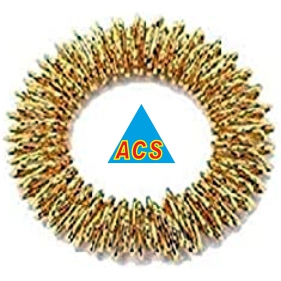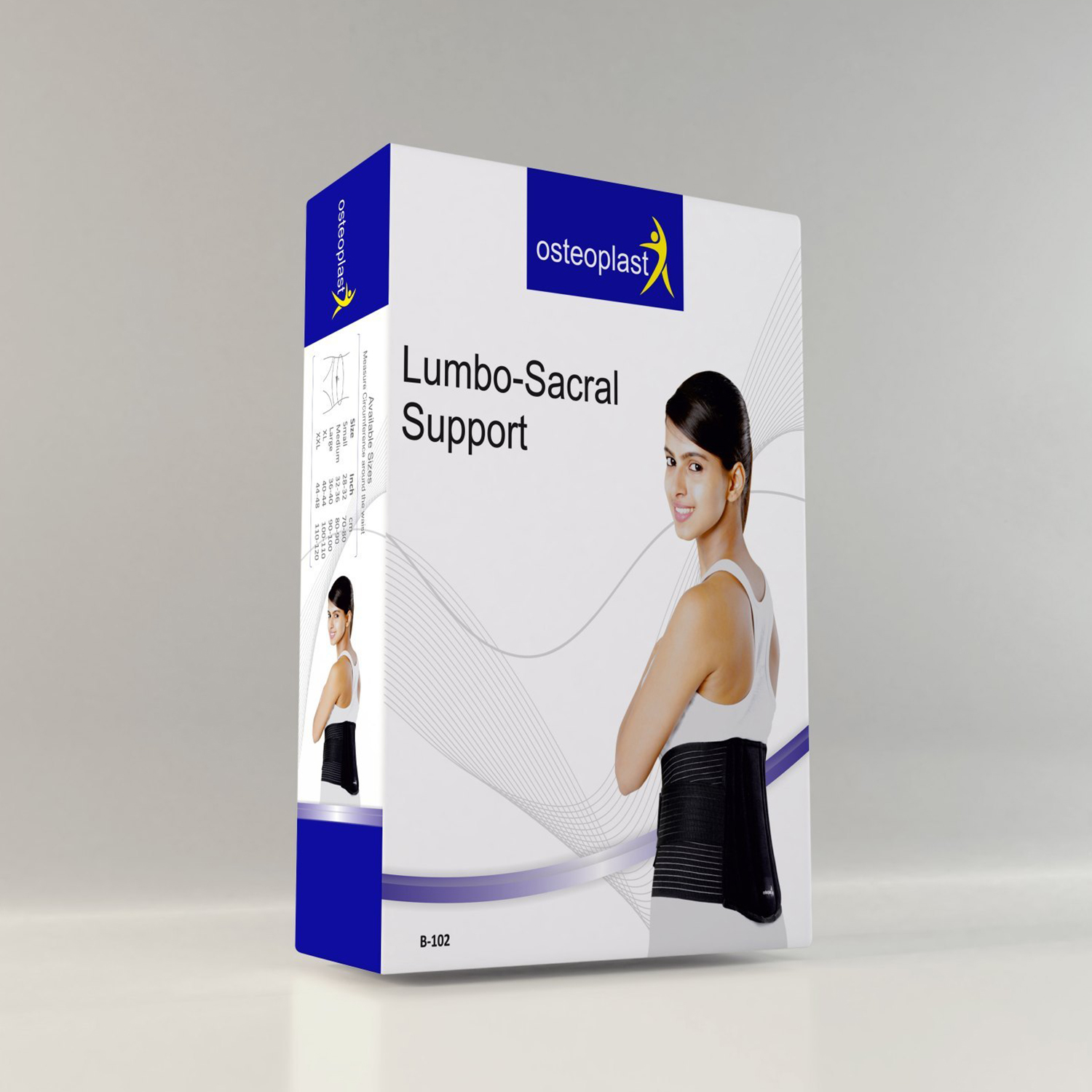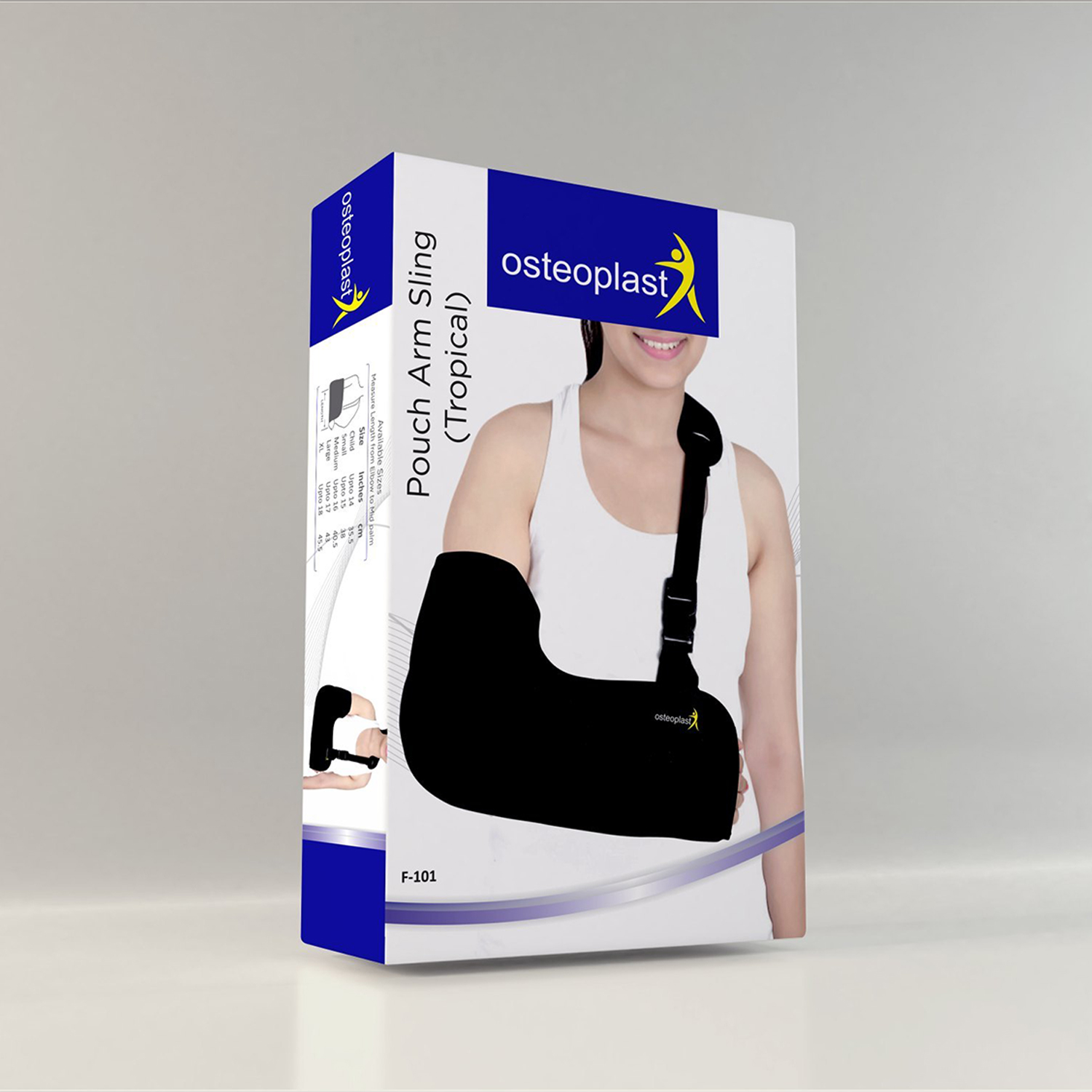The Sacred Body: An Eastern Spiritual Approach to Exercise
My journey into fatherhood and my recent embrace of vegetarianism have both been intertwined with a deeper commitment to Eastern spiritual practices. This path has taught me that the body is not just a physical vessel but a sacred instrument for the soul. It's a truth that has profoundly changed my perspective on exercise. It's no longer about chasing a certain body type or pushing for extreme performance; it's about finding harmony and balance, a state of being that nurtures both the physical and the mental self.
In my view, a truly holistic approach to exercise combines ancient wisdom with modern understanding. It's about movement that serves a purpose beyond mere muscle gain. The first and most essential practice for me is Yoga. More than a series of poses, yoga is a moving meditation. The breath, or pranayama, is the key. As I move from one asana to the next, I focus on the rhythm of my breath, letting it guide my body and quiet my mind. This practice has not only increased my flexibility and strength but has also cultivated a profound sense of presence. It’s a time when I am fully engaged with my body, letting go of the day's worries and connecting with a deeper sense of self. It's a moment of peace in the middle of a busy day, a way to realign my energy and restore my inner calm.
Beyond the mat, my spiritual practice has led me to appreciate the power of Mindful Walking. This isn't about speed or distance. It's about being fully present with each step. I often go for a walk in my neighborhood, leaving my phone behind. I pay attention to the feeling of the ground beneath my feet, the cool breeze on my skin, and the sounds of nature. This simple act turns a walk from a chore into a spiritual experience, a form of active meditation that clears my head and recharges my spirit. It's a practical way to ground myself and connect with the world around me. This practice has been especially helpful in managing the stresses of being a new dad, providing a quiet space to process thoughts and find clarity.
To complement these practices, I've also incorporated bodyweight exercises. I believe that we have everything we need to build strength within ourselves. I've been doing simple routines like push-ups, squats, and planks. These exercises don't require any equipment and can be done anywhere. For me, they represent self-sufficiency and discipline. They are a way of honoring my body's innate capabilities. Unlike lifting heavy weights, which can sometimes feel like a forceful act, bodyweight exercises feel more like a collaboration with my own strength. They build resilience, not just in my muscles but also in my mind, teaching me to rely on my own inner resources.
The concept of conscious eating also plays a significant role in my holistic view of physical well-being. My transition to vegetarianism was not just about dietary choices; it was a spiritual decision to live in greater harmony with all living beings. This shift has made me more aware of how the food I consume impacts my body's energy and vitality. It has taught me to listen to my body's needs and to nourish it with clean, wholesome foods. I see my plate not just as a meal but as an act of gratitude and a source of fuel for my physical and spiritual practices.
In conclusion, my approach to exercise and well-being is deeply personal and rooted in my spiritual journey. It's a blend of mindful movement, simple bodyweight training, and conscious eating. It's about moving from a state of doing to a state of being, where every activity is an opportunity for self-awareness and connection. For me, true health is not measured by the number on a scale or the size of a bicep, but by the quiet harmony between my body, my mind, and my spirit. It's a continuous practice, a daily commitment to nurturing the sacred vessel that carries me through this beautiful journey of life.
Author: Mr Swornim Suwal



 0
0


.jpg)


.jpg)



.jpg)




.jpg)



.jpg)


